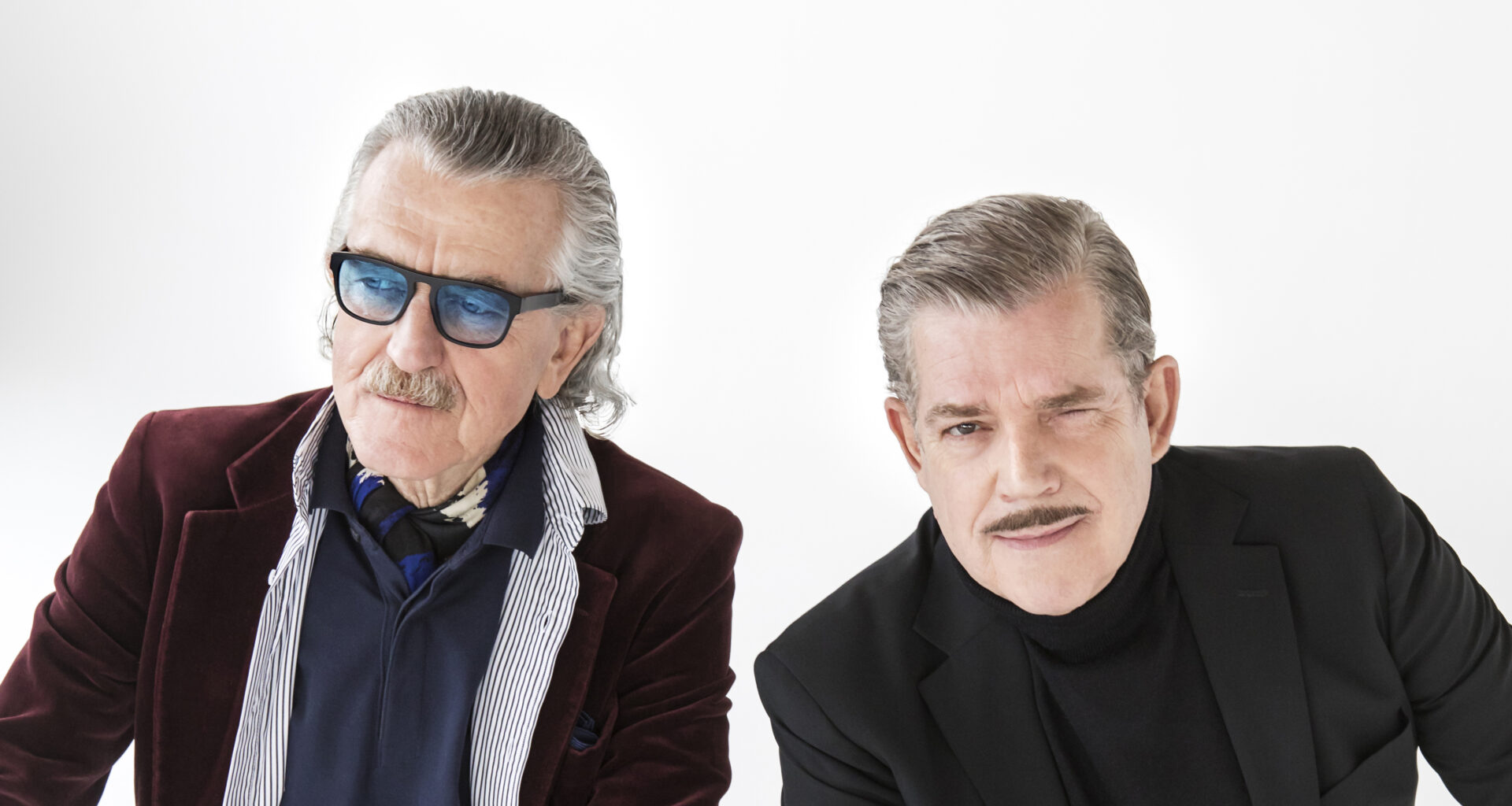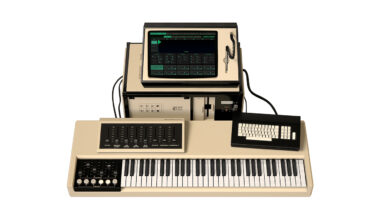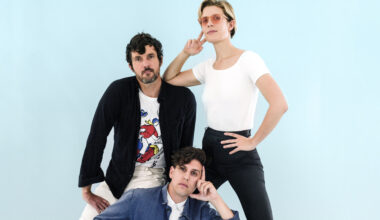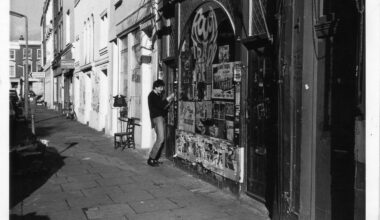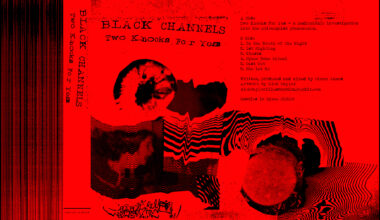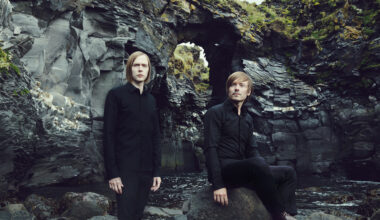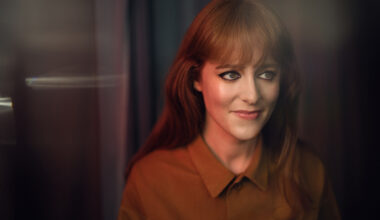Dieter Meier and Boris Blank are back with a new Yello album. Four years in the making, it’s a collection of typically sassy and surreal electronic pop songs, including one with a mysterious fruit reference…
Want to read more?
Sign up to Electronic Sound Premium to gain access to every post, video, special offers, and more. 100%, all you can eat, no commitment, cancel any time.
Already a premium member? Log in here
